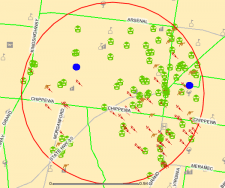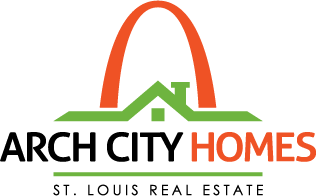Most buyers understand that they should get a building inspection before they purchase a home, but getting a building inspection simply isn’t enough for most homes.
What Home Inspections Should You Get?
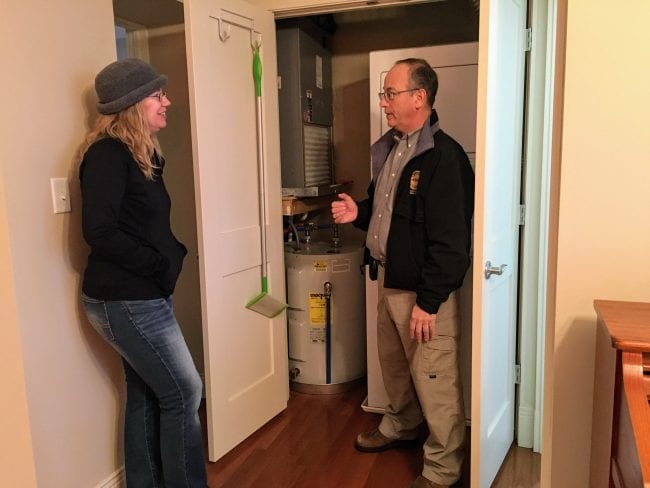
Building inspections:
The building inspection is the bare minimum that should be performed before every home purchase. Unless you are a professional rehabber, you need a professional building inspector to identify the needed repairs and potential costs.
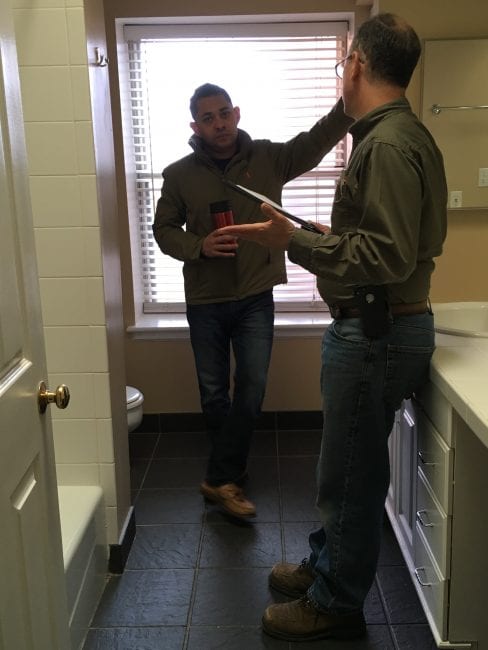
A basic building inspection will look at the structure, foundation, plumbing, electric, heating & cooling, roof, fireplace, windows, doors and appliances.
If it turns on or off, or has water running through it, the inspector will check for any repairs that are needed.
In St. Louis, most AS-IS home sellers will let you inspect the property and terminate if you aren’t satisfied with what you find.
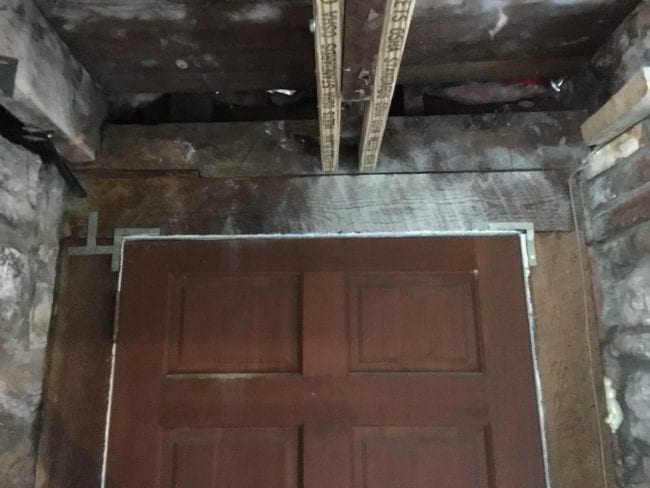
Termite inspections:
Termite inspections don’t cost much and can identify expensive needed repairs before you commit to buying a home.
Basically, termites are bugs that live in the ground. They dig tunnels, crawling around until they bump into some wood. Once they discover a wood (their food source), the entire colony will continue coming back to eat. Before you know it, the termites will the wood framing and drywall that supports your home.
Since you can’t see behind walls, it is important to bring in a qualified termite inspector to look for signs of termite activity along with damage to the structure.
Since St. Louis has a high level of termite activity and that the cost of on an inspection for most homes is only around $80, there’s no excuse skipping the termite inspection.
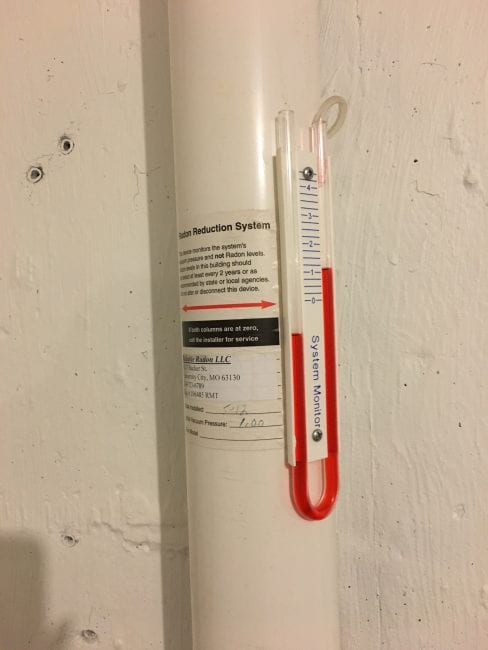 Radon mitigation system monitor
Radon mitigation system monitor
Radon inspections:
According to medical experts, exposure to high levels of radon is considered the number 1 cause of lung cancer in non-smokers. As the soil below your home’s foundation decomposes, radon gas may collect below your concrete slab and find its way into your home.
The EPA states that all homes should be tested for radon gas levels in the air, and homes that have a level of 4.0 pCi/L should have a radon mitigation system installed. Radon mitigation systems eliminate the hazardous high levels of radon, and cost around $700 for most homes in the St. Louis area.
Overall, Missouri is considered an area of moderate risk. In the St. Louis region, over 1/4 of homes have unsafe radon levels:
-
St. Louis City – 17%
-
St. Louis County – 26%
-
St. Charles County – 28%
-
Jefferson County – 40%
-
Franklin County – 28%
Testing for radon during a home sale offers two options. I prefer the continuous monitoring device that records the level of radon every hour for 48 hours. One of the main reasons that I prefer this method of testing vs the charcoal canister test method is there are ways to know if the seller does something to tamper with the results. Locally, these tests are available through a radon inspector for around $175.
If you are not in the process of buying a home, you should still consider testing your home. A simple charcoal canister test is available online inexpensively. With 1 in 3 homes in the St. Louis area having hazardous levels of indoor radon levels, this simple test is one that everyone should do.
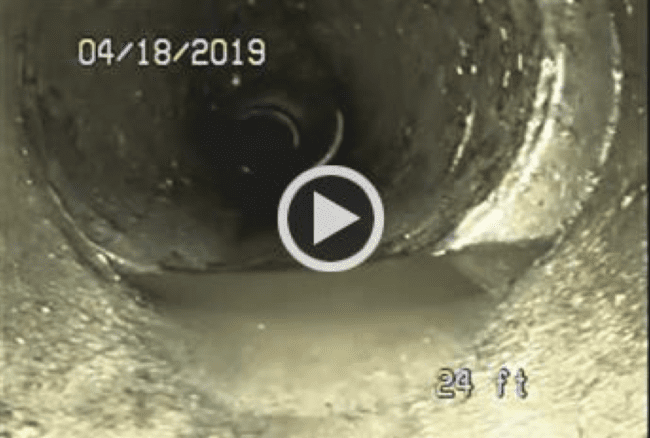
Sewer lateral line camera inspections:
Most homes that are over 30 years old were built with cast iron plumbing for the waste stacks and underneath the home, and clay sewer pipes from the edge of the foundation to the main sewer line. Over time, these pipes can rust, crack or disintegrate. Repairs can be extremely costly since it may involve digging up the pipes under the concrete slab, sidewalks and driveway, and digging up the yard. Even though many parts of the St. Louis region have a sewer lateral insurance program, homeowners are always still responsible for any repairs underneath their home, and often are responsible for some of the cost of the repairs in their yards.
Newer homes built with PVC sewer lines, or older homes which have been updated to PVC, can still have problems. Usually these problems resulted from improper installation or damage to the pipes when the open trench around the pipe was backfilled.
A simple camera test can show you if there are any problems with the sewer line. A sewer company will run a camera line through the sewer line from the base of the stack in the home to the main sewer line. For less than $200, you will get a video of the condition of your pipes, including noting any sewer blockages.
Additional Inspections that May be Needed:
Depending on the home, there are a number of other additional inspections that may be recommended. Some of the more common ones recommended by real estate agents and building inspectors are:
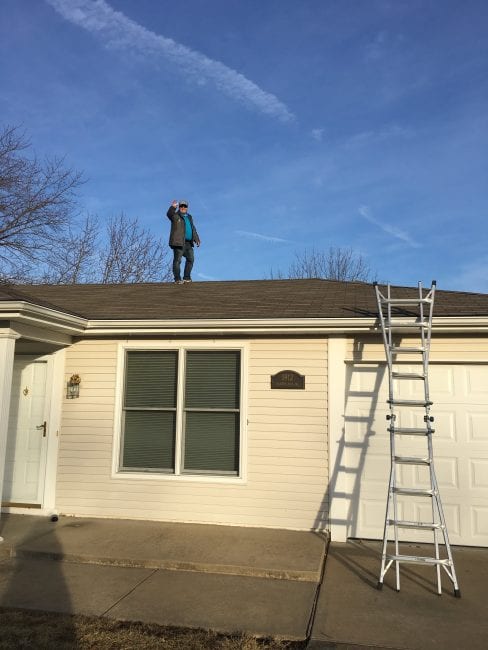
Roof inspections:
Building inspectors normally include a review of the roof as part of their inspection. However, there are time when the building inspector do not have access to the roof due to the height or extreme steep slope. In addition, building inspectors do not have the proper equipment to walk on a slate or clay tile roof without damaging it. In case where the building inspector is unable to walk the roof, a specialized roofing inspection should be obtained to verify the condition of the roof.
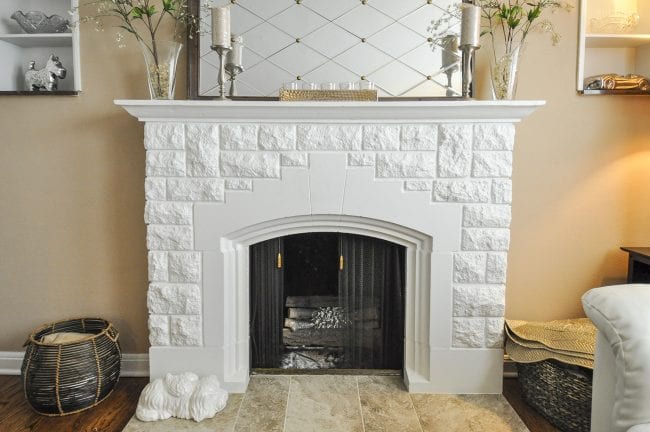
Fireplace & chimney inspections:
Building inspectors also review chimneys and fireplaces in the standard building inspection. However, there are times when they will recommend following up with an inspection from a chimney professional. These professionals have the proper equipment to determine if the flue installed in the chimney is functional or if it is in need of repair.
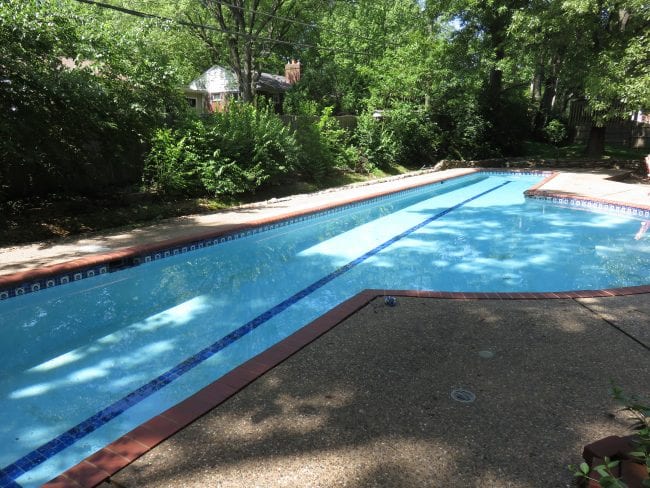
Swimming pool inspections:
Anyone buying a home with a swimming pool needs to get it inspected. If it is winter, the pool inspector will pull back the cover and do a visual and mechanical inspection. They even put on wet suits and get into the pool in the winter. Absolutely a must if the house has a pool.
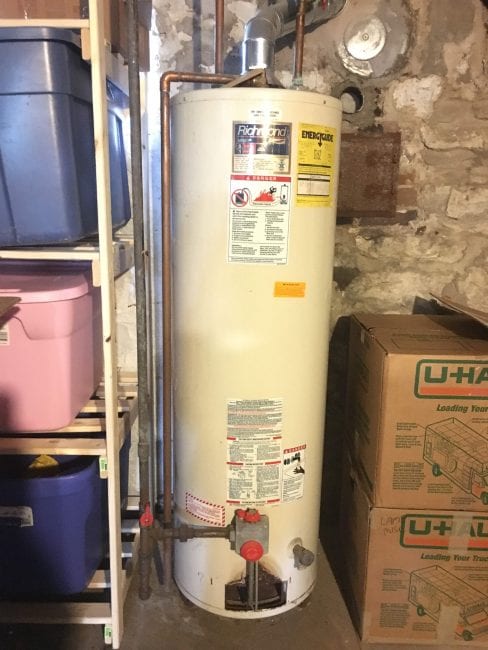
Natural gas inspections:
Most people know about gas leaks where you can smell the gas. But gas inspections find minor leaks all of the time that no one can smell. And these leaks still need to be fixed.
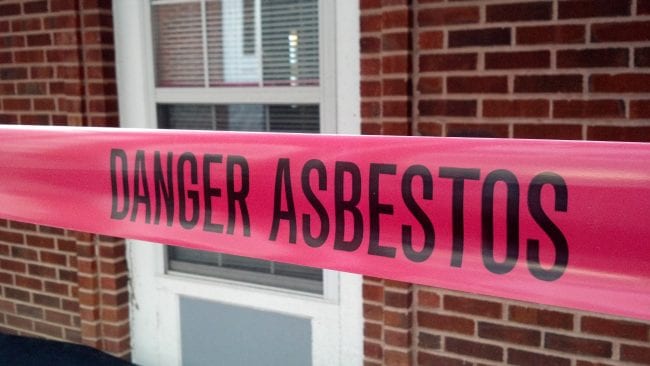
Environmental inspections:
Depending on the home and the buyers concerns, a buyer may want to get additional inspections to review environmental concerns including:
For more information on how to select a building inspector, subscribe for a weekly notification so you don’t miss my follow up article coming soon.




